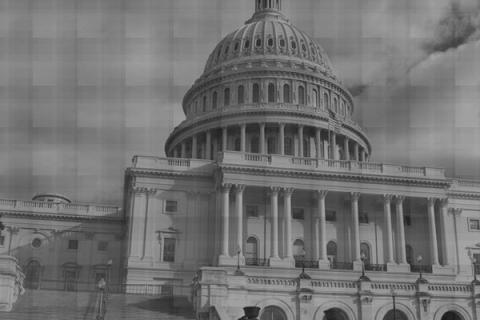The recent revelations of Climategate have challenged the scientific veracity of global warming and the reputation of the scientific community as a strictly objective and open-minded group. What's often lost in the ongoing debate is the fact that a wholly different climate model was making the front page of scientific journals and major media outlets in the 1970s. Back then, as Gary Sutton points out at Forbes, global cooling was threatening to send the planet into another ice age.
In 1975, Random House printed 'The Weather Conspiracy...coming of the New Ice Age', which was authored by eighteen individuals. On April 28, 1975 Newsweek ran an article warning of global cooling. In the August 14, 1976 edition of the New York Times, there were signs that the planet was potentially headed toward another ice age. Just two years earlier, the National Science Board had stated, "During the last 20 to 30 years, world temperature has fallen, irregularly at first but more sharply over the last decade...the present time of high temperatures should be drawing to an end, leading to the next ice age." Sutton also shares his 2002 experience in the Smithsonian. At that time, the renowned museum charted global cooling over the last 60 million years, with no significant warming trends. In 2008, he revisited only to find that the mural had been painted over.
These historical facts, as well as recent revelations, should cause us to step back and take a more objective approach to the anthropogenic global warming model. Historical precedent reveals that mankind has not been all that accurate in predicting climatological trends. Historical precedent also reveals that the scientific community and major news media can propagate inaccurate information.
If we're not careful, we may be repeating the mistakes of the 1970s. Today, the alliance between government, media, and the scientific community is exceedingly strong, strong enough to warrant suspicion from any open-minded individual. Today, even highly educated skeptics are treated with rancor and disdain, a red flag that the model may not be as robust as publicly portrayed. And today, the scientific evidence seems to be challenging the established consensus.
Much is at stake with the global warming debate. Potential unintended environmental consequences and damaging effects on an extremely fragile economy could result. Scientific and journalistic integrity are at stake. American sovereignty is at stake.
Independent voters would do well to consider both sides of the argument, probe deeper into the science, study the global cooling phenomenon of the 1970s, and hold their leaders accountable.
